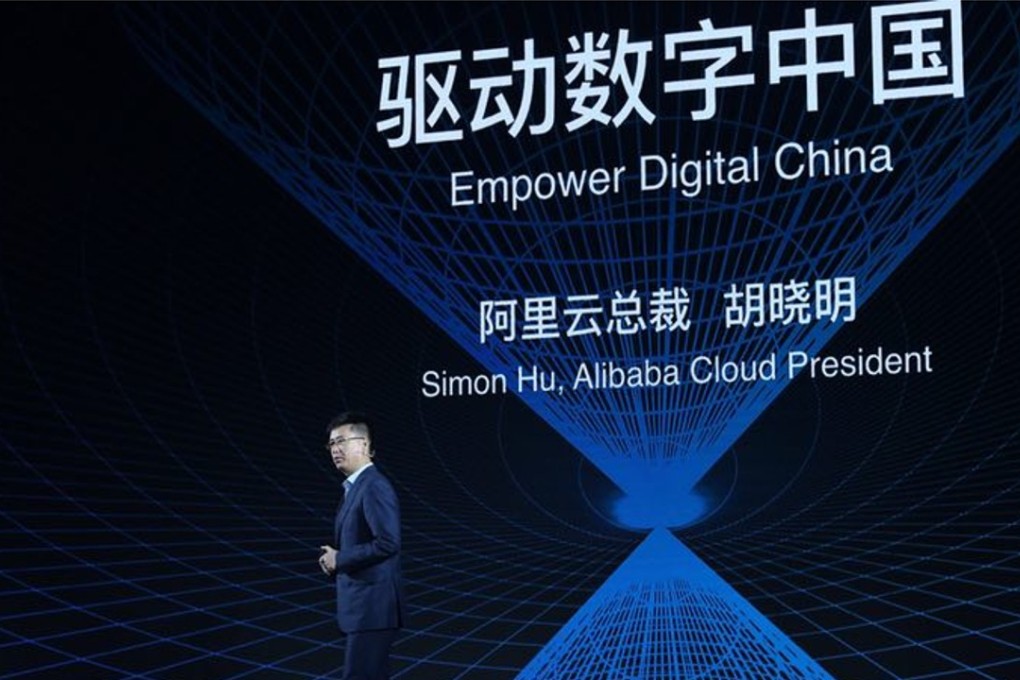Alibaba bets on connected devices as pillar for growth
Worldwide spending on the Internet of Things, which refers to the network of connected devices from smart speakers to connected cars, is forecast to hit US$772.5 billion in 2018, according to an IDC report

Alibaba Group Holding said it plans to build a network of 10 billion connected devices within the next five years as part of a push to expand its business in the so-called Internet of Things (IoT).
“Our vision is to build an intelligently connected world through transformative IoT technologies,” Simon Hu Xiaoming, the president of Alibaba Cloud, said in a statement. “IoT will sit alongside e-commerce, finance, logistics and cloud in its own right, and command relevant focus and resources, in order to become the new strategic track for Alibaba.”
IoT refers to networks of internet-linked devices embedded in everyday objects that gather, send and receive data, for example, smart home assistants and connected cars. Adoption of connected devices is expected to take off following the roll-out of 5G mobile networks in 2020 – a technology that allows hundreds of thousands of devices within a small space to connect simultaneously to the high-speed mobile network.
New York-listed Alibaba, which owns the South China Morning Post, is seeking new avenues for growth as it invests in physical retail, cloud computing, entertainment and logistics. Worldwide spending on the IoT is forecast to hit US$772.5 billion in 2018, according to an IDC report.
Rival tech companies Baidu and Tencent Holdings also have their own IoT platforms, aimed at providing solutions for connected devices in various industries such as household appliances, manufacturing, smart city and automobiles, as technology giants race to establish themselves as dominant providers of IoT solutions.
Alibaba first started its IoT business in April last year, and has developed its own AliOS Things open-source operating system, upon which developers are free to create new devices and applications.